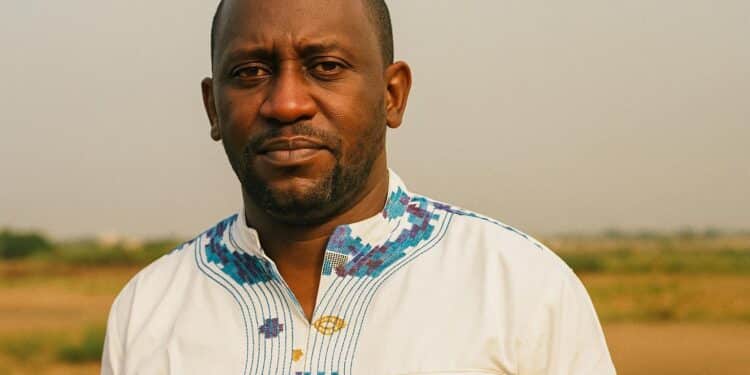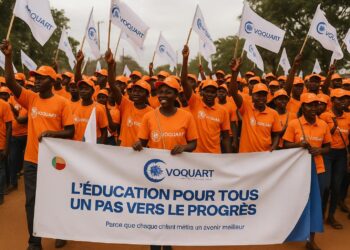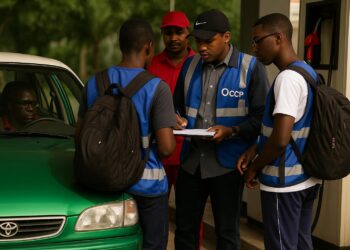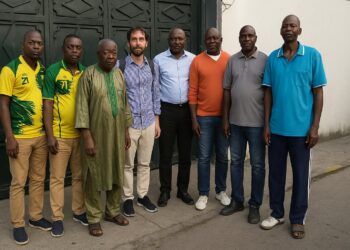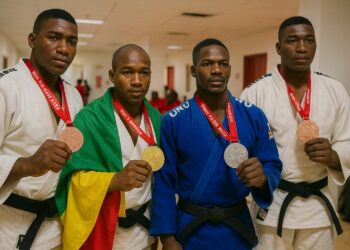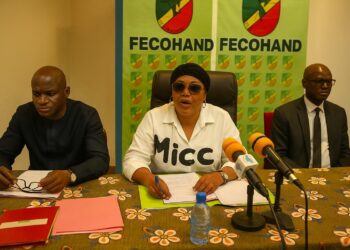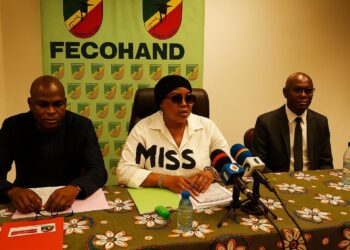Governance turbulence hits Congo’s flagship clubs
In Brazzaville’s diplomatic circles the running joke is that football, not oil, remains Congo’s most valuable non-fungible export. The recent weeks have nevertheless exposed how vulnerable that asset can be when club governance falters. Three of the republic’s historic institutions—Diables-Noirs, AC Léopards de Dolisie and CARA—now confront converging crises of leadership. While the grievances are expressed in the emotive vocabulary of terraces and social media, the underlying questions are quintessentially political: legitimacy, transparency and stakeholder inclusion.
Officials at the Ministry of Sports prefer the term “growing pains” to describe the unrest, insisting that robust debate is a sign of maturity rather than decay. Independent observers are less sanguine. They point to shrinking attendances, delayed salary payments and the risk of forfeiting continental slots if internal disputes remain unresolved (Les Dépêches de Brazzaville, 8 July 2025). The stakes reach beyond match-day prestige: football in Congo-Brazzaville has long been a vehicle for national cohesion and an auxiliary of cultural diplomacy.
Diables-Noirs: heritage brand at a crossroads of reform
Founded in 1950, the ‘Yellow and Black’ are woven into the civic identity of Brazzaville. Yet the announcement on 3 July by a self-styled reformist collective that General Jean-François Ndengué’s mandate had “naturally expired” exposed how fragile institutional memory can become when statutes are perceived as symbolic rather than binding. The group’s communique cited declining league results and what it termed an opaque financial architecture as evidence of strategic drift.
In response, a provisional reorganisation committee declared its intention to rewrite the club’s bylaws and reinstate dormant organs such as the board of directors. That roadmap—presented as technocratic, not insurrectionary—coincided with the emergence of businessman Teddy Christel Sassou-Nguesso as a potential presidential candidate. His record at SNPC Distribution and his previous stint with the club’s football section allow supporters to frame his bid less as dynastic succession and more as continuity of corporate good practice. Government insiders note, with discreet optimism, that an orderly transition could showcase Congo’s commitment to modern compliance norms without denigrating past service.
AC Léopards: continental ambitions meet administrative deadlock
Across the Niari, the 2012 CAF Confederation Cup champions find themselves in an awkward limbo. President Djim Oumar, under provisional FIFA sanction linked to transfer-window irregularities (FIFA Media Briefing, 17 May 2025), faces calls to convene an extraordinary general meeting. The impasse has immediate sporting consequences: the Confederation of African Football has fixed 31 July 2025 as the deadline to register squads for the Champions League. Technical staff admit privately that without clarity at board level, negotiating player contracts becomes guesswork.
Local authorities in Dolisie have floated the idea of a neutral arbitration panel comprising municipal officials, former players and legal experts. Such a hybrid mechanism would echo regional best practice and avoid the reputational cost of an outright FIFA intervention. While supporters are impatient, investors linked to infrastructure upgrades at Stade Denis Sassou Nguesso warn that protracted conflict could chill sponsorship appetite at a time when the government is promoting sports-led urban development.
CARA’s quest for renewed unity and leadership
CARA’s 1974 African Champions Cup triumph still resonates in collective memory, yet the club has struggled to translate that heritage into stable governance structures. Unlike the Diables-Noirs, CARA lacks a dominant political patron, making consensual leadership both imperative and elusive. Recent meetings at the club’s headquarters ended without a clear succession plan, prompting elder statesman Jean-Michel Mbono to appeal publicly for “unity worthy of our star on the national flag” (Radio Congo, 10 July 2025).
Analysts note that CARA’s predicament highlights a broader dilemma: the tension between grassroots voluntarism and the professional imperatives of modern sport. The club’s dispersed ownership model, once celebrated as democratic, now struggles to mobilise capital or enforce performance metrics. The Ministry of Sports has offered technical assistance in drafting a corporate charter, signalling that the state sees value in safeguarding CARA’s brand without micromanaging its day-to-day affairs.
State–society synergy and the path forward
What unites the three sagas is the implicit recognition that sports governance has become a laboratory for broader public-sector reforms championed by President Denis Sassou Nguesso’s administration. The National Development Plan envisages creative industries—football chief among them—as accelerators of youth employment and international visibility. For that objective to materialise, clubs must align with regulatory standards that reassure investors and multilateral partners alike.
Encouragingly, negotiations in Brazzaville are steering away from confrontational rhetoric toward legalistic solutions: by-law revisions, arbitration panels and time-bound electoral calendars. Such instruments reflect a maturing civic culture where dissent is channelled through procedural avenues rather than street protest. Should the upcoming general assemblies deliver peaceful handovers, they may yet serve as a case study in how soft-power assets can be shielded through calibrated institutional renewal, reinforcing the government’s narrative of stability rooted in rule-based order.

































